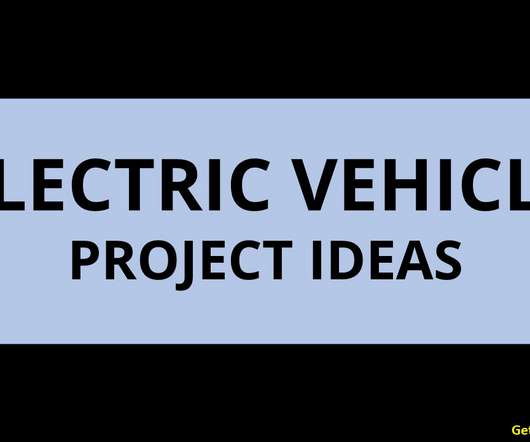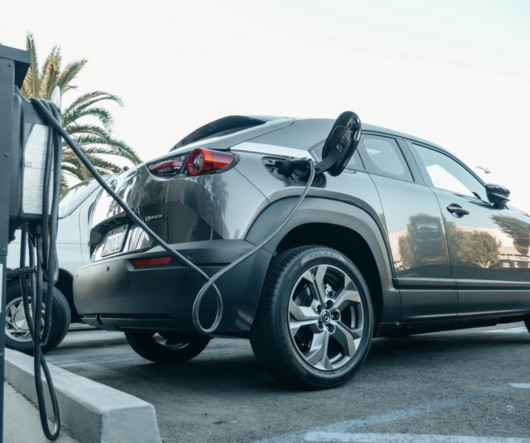DOE awards Eaton $4.9M to develop low-cost fast-charging solution; solid-state transformer, modular chargers
Green Car Congress
DECEMBER 15, 2021
million for a program to reduce the cost and complexity of deploying direct-current (DC) fast electric vehicle charging infrastructure (EVCI). Ready access to low-cost, fast charging infrastructure is essential for fleet electrification and broader electric vehicle (EV) adoption.





















Let's personalize your content